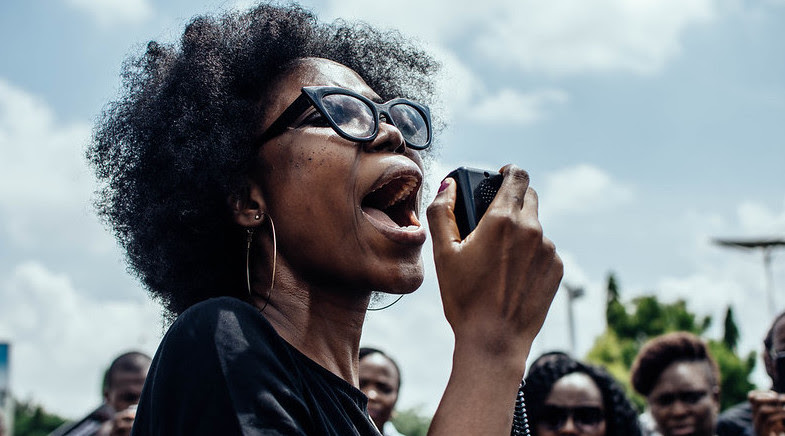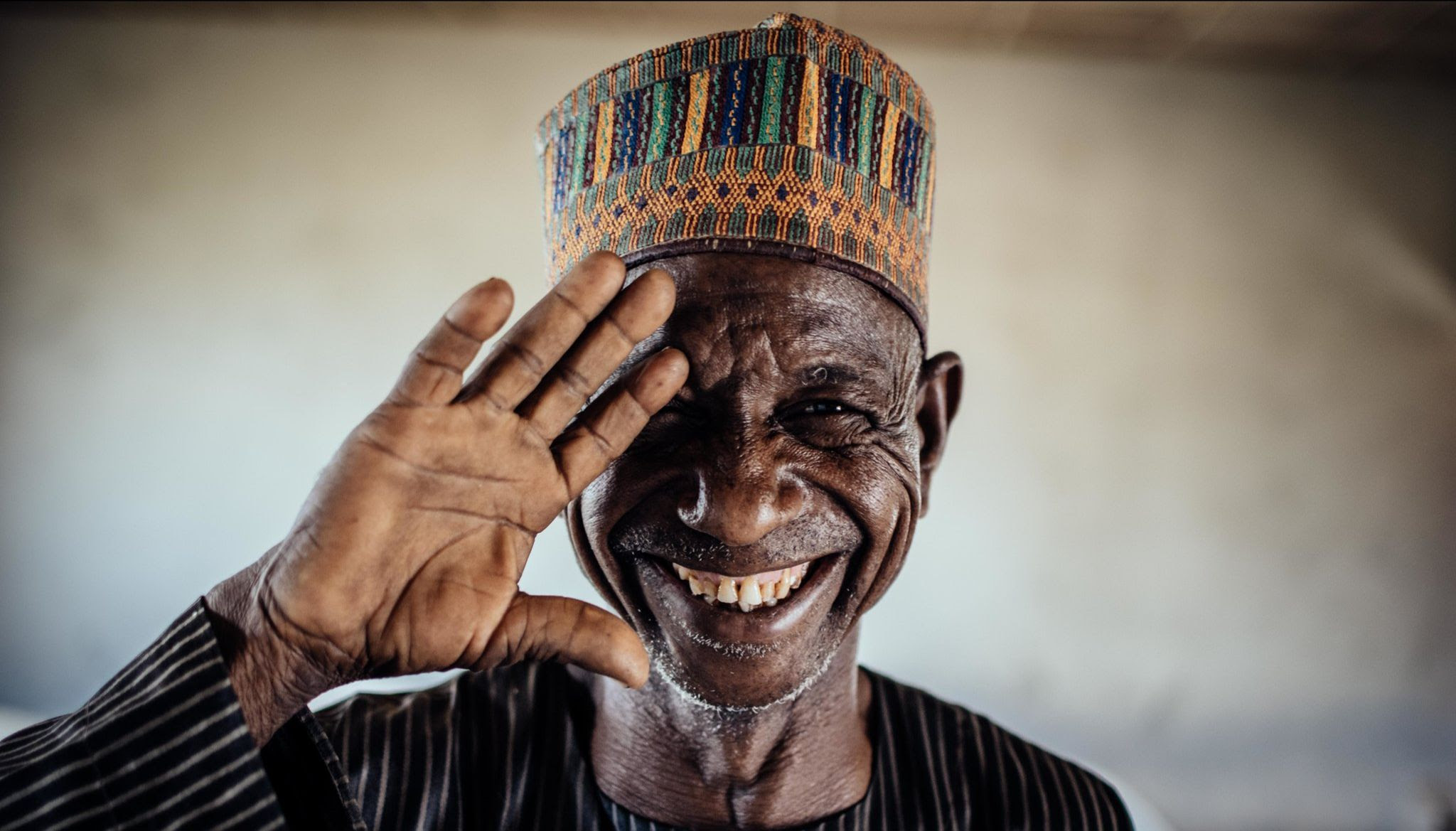CEO’s Message: The 2020 Work Year Round Off
Reflecting on the Resilience and Impact of Our Grassroots Community Champions
Dear CODE and Follow The Money Friends
As we close the curtain on 2020, I have been reflecting on what can only be described as a historic year, tested in many ways, filled with anxiety and certainly unimaginable.
Resilience
Since my communication with you in March about tackling the pandemic, our grassroots champions have continued to step up on behalf of the communities we serve. The Follow The Money team seeks to strengthen accountability measures for N187 million COVID-19 intervention funds, despite the vagueness of the government on emergency procurement processes. Some highlights of our #FollowCOVID19Money campaign are;
- Increased citizens participation in demanding government accountability
- Government’s immediate response to update emergency procurement policies
- Increased public awareness of confirmed COVID-19 donations amongst citizens
- Increased citizen-government interaction through social media

Although rejected and threatened, our grassroots champions remained dogged in tracking COVID palliatives distribution across Local Governments Areas in Nigeria, Liberia, The Gambia, Kenya, Cameroon, South Sudan and Malawi observing how food items and relief materials got to the most poorest and vulnerable while reporting irregularities in the distribution patterns to the authorities and the public. In the midst of our work, some of the staff and I came down with the virus and defeated it. I do not assure that the pandemic will, by some miracle, vanish in a few weeks, months and even years, but resilience is a key ingredient that each one of us will need to thrive in 2021.
Commitment
Our commitment to ensure grassroots communities access basic amenities fuels our passion to deliver on this vision. During the course of the year, we saw all our engagements through the lens of COVID-19, structuring our work to tackle financial leakages, mismanagement of funds and advocating for social justice in fragile communities so these people can access clean water, timely education, proper healthcare and all-round improved public services.
 We were certain that the current COVID-19 health emergency was worsening gender inequalities with longer-term gender impacts. Our team demanded an end to sexual and gender-based violence, and assessed the impact of COVID19 on girls’ education in Nigeria. We were glad women at Obodo-Ugwa, Delta State, can not only sit at the table but also lead, following our call for gender equality. In the same vein, CODE joined millions of Nigerian youths to decry and protest police brutality, and advocated that the anti-social media bill be tossed.
We were certain that the current COVID-19 health emergency was worsening gender inequalities with longer-term gender impacts. Our team demanded an end to sexual and gender-based violence, and assessed the impact of COVID19 on girls’ education in Nigeria. We were glad women at Obodo-Ugwa, Delta State, can not only sit at the table but also lead, following our call for gender equality. In the same vein, CODE joined millions of Nigerian youths to decry and protest police brutality, and advocated that the anti-social media bill be tossed.
Commitment to the work that we do will continue to be a driving force in achieving a more just and safe world.
Hope
When I look back at how extraordinary 2020 has been, the most important thing for me as Chief Executive, is the validation of the powerful culture here at CODE, an Organization I founded in 2012 driven by the compelling vision and rigour of young people to change the world. On a personal level, I am expanding my focus on building a broader fiscal accountability mechanism across Africa working closely with allies who believe in this important vision, as we must now leave a legacy of an independent fiscal accountability infrastructure, that will outlive us, and also when I am no longer an active player in the civil society space.

This year, we completed the 3-year tracking of $1.3million education spending in Kaduna State, significantly reducing the number of out-of-school children in the State. We were elated to see that the Niger State Government assented to the WASH bill that would ensure residents can assess better water & sanitation services. The Follow The Money team also kicked off Freedom of Information (FOI) Drive, fostering strategic partnerships for sustained development and strengthened capacities of community stakeholders, government officials to better increase trust in public institutions.
These remarkable results continue to give me hope in our collective strength and power to defeat the challenges that the pandemic may have posed. This year has witnessed immeasurable loss and although recovery will be slow, we remain hopeful that with the abundance of creativity and passion that exists within the development space, I trust that we will discover great opportunities to combat the seeming challenge for a lasting positive change. We have equally seen these optimism demonstrated in our daily interactions with communities and our friends at the grassroots.
We march on to 2021 with good cheers, as we take lessons learnt and best practices to strengthen our work, build robust systems and enhance our processes for trustees, management and staff.
I thank our donors: ActionAid Nigeria, Canadian High Commission, ChristianAid, Conrad N. Hilton Foundation, The John D. and Catherine T. MacArthur Foundation, OXFAM Nigeria, Malala Fund, USAID EWASH, OXFAM Novib, Heinrich Bolls Foundation, Ford Foundation, Luminate, UN Women (UN Spotlight Initiative), Skoll Foundation, and many other helpful institutions and YOU our community for your unswerving support in empowering grassroots rural communities in Nigeria and Africa. I thank the amazing CODE & Follow The Money team for their resilience, commitment and hope all through the year.
May 2021 bring better possibilities, good health and fortune.
Sincerely,
Hamzat Lawal
Founder, CODE & Follow The Money




















